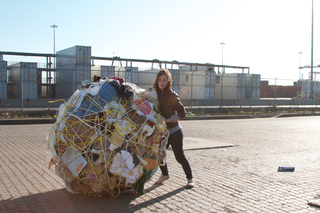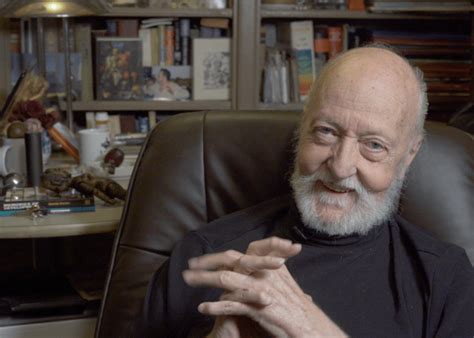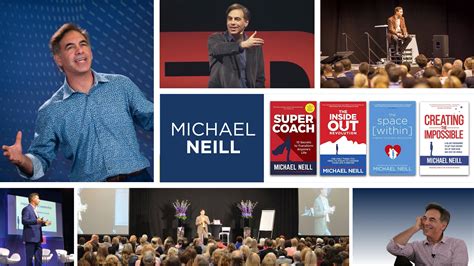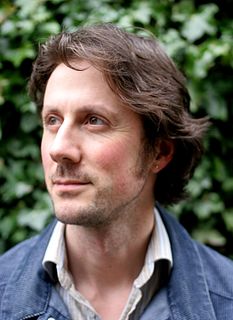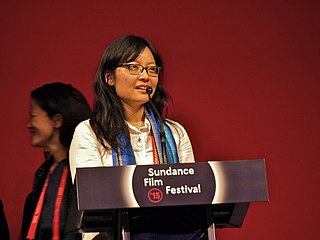A Quote by Michael Craig-Martin
When I look at the objects that I draw, it seems to me so obvious about the contemporary world - these are our world.
Related Quotes
It is clear that everybody interested in science must be interested in world 3 objects. A physical scientist, to start with, may be interested mainly in world 1 objects--say crystals and X-rays. But very soon he must realize how much depends on our interpretation of the facts, that is, on our theories, and so on world 3 objects. Similarly, a historian of science, or a philosopher interested in science must be largely a student of world 3 objects.
The identifying personal association with objects, which are not personal, is an important modern experience - our real association, the strands of our feelings about the objects that surround us. It's also because they are so familiar, we don't think of them as important in the world, but actually they are the world. We are living in a very material world.
When I'm writing about complicated subjects, it usually involves a world. It could be the world of Scientology or the world of Al Qaeda, or the world of counter-terrorism.I look for emblematic beasts of burden - what I call "donkeys" - who can carry the reader through this world. They serve a different purpose. Donkeys are not especially interesting or likeable, but they are serviceable. They will take you into this world. The distinction I'm trying to make is: It's not about them. It's about the world.
What does interest me is how difficult my culture seems to find it to look the dark side of life directly in the eye. It seems to me that if we look back at mediaeval culture, for example, we see a society which faces the reality of death and pain and limitation, because it has to. Our society, which is progressive and technological and seems to have a slightly fanatical utopian edge to it, gets very uncomfortable when anybody highlights the dark side of humanity, or the world we have built, or what we are doing to the rest of life on Earth.
The reason I'm interested in alternative worlds and near-future settings is that it allows us to look at our own limitations in our worldviews. These settings allow me to explore how our world might evolve if we allow individualistic kinds of success to remain our primary value. I'm not trying to be overly bleak, and I don't feel bleak or sad about our world. I want empowered and educated people who understand a lot about the world's challenges to strive to be noble, rather than cynical. I think we still need more champions out there.
I like making images that from a distance seem kind of seductive, colorful, luscious and engaging, and then you realize what you're looking at is something totally opposite. It seems boring to me to pursue the typical idea of beauty, because that is the easiest and the most obvious way to see the world. It's more challenging to look at the other side.



